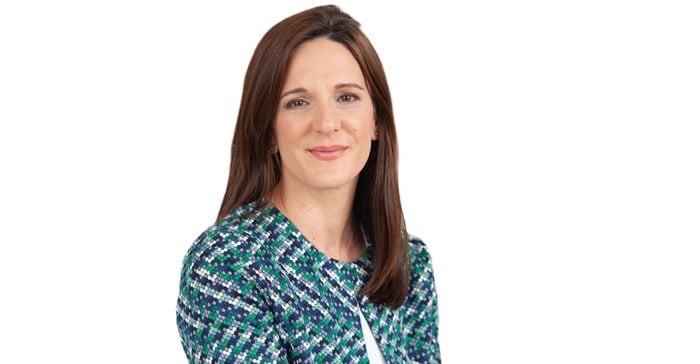Alexandra Hoang, a Norwegian-Vietnamese influencer known to her nearly 82,000 followers as
@lille.hoang, is no stranger to sharing personal details on Instagram and TikTok. With a penchant for interior design and high fashion, she recently took part in the
“get to know me” challenge that’s been making waves on social media. The petite beauty, who stands at 1,57m and wears size 3 shoes, revealed that she’s 29 years old and the mother of a son named Theo. Among her favourite things are sushi, whiskey, the colour yellow, and the music of Beyoncé.

Anna Collard, SVP Content Strategy and Evangelist at KnowBe4 Africa
The “get to know me” trend, which started in December, involves a list of questions circulating on social media, prompting influencers to share everything from their number of tattoos to their favourite season.
Most celebrities were more than willing to participate, viewing it as an opportunity for their followers to get to know them on a deeper level.
Layckan Van Gensen 23 Feb 2024
Alexandra’s “get to know me” video, which features her looking chic on a plane, attracted over 31,000 views, a significant increase from the 22,000 views she received for a similar “random facts about me” post.
Where is the risk?
While the trend might seem innocuous, the inadvertent disclosure of intimate details of your life can make you vulnerable to cyberattacks, says Anna Collard, SVP content strategy and evangelist at KnowBe4 Africa, a cybersecurity training designer.
“Apart from being collected, analysed and sold for advertising, your personal information, likes and behaviour profiles are also interesting to fraudsters who collect this information to potentially abuse it to gain access to your accounts,” she states.
Proof of this are the more than 90,000 people who fell victim to social media fraud in 2021, resulting in $770m in losses, according to the US Federal Trade Commission.
“A lot of the information you’d share in a get-to-know-me post is identical to these security questions your bank might ask you,” comments Collard. “This data is a veritable goldmine for scammers looking for a way to gain access to your accounts.”
You may be giving away passwords
How many people use their child, partner or pet’s name as part of their password, for instance? Armed with more information about you, fraudsters could use phishing emails to impersonate you to con your followers into downloading malware, falling for an investment scam or revealing too many details.
Or they could set up convincing fake accounts in your name, a common problem for celebrities, and then DM fans in an attempt to scam them.
The best way to avoid the dangers of this trend is simply not to engage in it, according to Collard. “I know there’s a feeling that social media influencers need to be more authentic and vulnerable, but you also don’t want to overshare,” she says.
You certainly don’t want people to know where you live or have stalkers follow your kids to school
“Social media influencers get paid according to how big their audience is, so it’s understandable that they want to grow their number of views by following popular trends,” asserts Collard. “But this shouldn’t be done at any price, especially when it comes to divulging sensitive information.”































